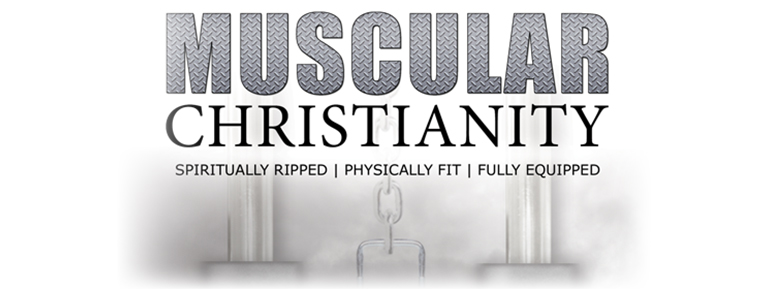Make No Provision | Part II
In “Make No Provision Part I,” we looked at how some will push the boundaries that define the difference between right and wrong and justify their actions by saying that unless they’re crossing the line, they’re not guilty of any wrongdoing.
Yet Scripture commands us to be making no provision for that which can lead to a genuine problem (Rom 13:14). So, even if we’re not at that point where Satan is getting ready to hit a home run, if we’ve allowed him to load the bases so all he needs now is a base hit, we are guilty of accommodating the devil rather than resisting him (Jas 4:7; 1 Pet 5:8-9).
Whose Team Are You Playing For?
And here’s the thing: You’re not playing to win when you’re doing things that make it easier to lose. And when you’re not just contemplating concessions but actually doing things that make those compromises more likely, then you have to ask, “Whose team am I playing for?”
These aren’t just “impure thoughts,” this is you intentionally fumbling the ball and giving the other team a chance to score.
No, not everything is black and white. But, then again, God never has to speculate and since He sees the heart (1 Sam 16:7) and no man can serve two masters (Matt 6:24), you can rest assured that however you may be able to successfully convince another human being that things aren’t as they seem, God has full access to both your actions and your motives and you’re either promoting His Reputation or protecting your own.
Period.
Your Actions Will Reflect Your Priorities
In her article, “The Difference Between Guilt and Conviction,” Jeanne Harrison, a staff writer at Grace Church in Orlando, does a great job of shutting down all the white noise and allowing the Truth that is central to this whole debate be heard in a way that’s easy to hear and understand…
Here’s the difference between guilt and conviction: guilt is not willing to pay the price of repentance. Guilt wants to make the problem go away as painlessly as possible because guilt’s primary focus is me. What will they think of me? How will the consequences impact me?
Conviction focuses on God. We begin to experience conviction when our hearts are grieved not solely because we might lose our job, or our spouse, or our standing, but because we have broken fellowship with God. In 2 Corinthians 7:10 Paul captures the difference between guilt and conviction by describing two different kinds of sorrow. He writes, “Godly sorrow brings repentance that leads to salvation and leaves no regret, but worldly sorrow brings death.”
The question is, why are you lamenting over your sin? Is it because you fear losing the things of the world—the respect of your boss, the esteem of performing perfectly, the pleasure of sin itself? If so, you are experiencing worldly sorrow. Or are you pained because you have personally grieved God’s heart? This kind of godly sorrow takes us straight to the cross—to repentance, restoration, and life.
In order for me to repent, I had to care more about my relationship with God than I did about my reputation.
If your priority is your relationship with Christ, your actions will reflect your priorities (Matt 7:17).
Those who are being either indifferrent or critical of your behavior are subordinate to the One Who died for your sins.
That’s good news to the person who has a clear conscience, but it’s anything but encouraging to the one who has something to hide.
If you or the person you’re listening to defends their actions in a way that demonstrates a greater emphasis being put on their reputation than that of their King, there’s a good chance they’re being disobedient. Not necessarily in the context of an obvious sin, but a sin nevertheless in that if you’re making it easier for Satan to win, then you’re working against your Heavenly Father (Mk 9:38-40).
We’ll wrap this up in Part III.








Leave a Reply
Want to join the discussion?Feel free to contribute!